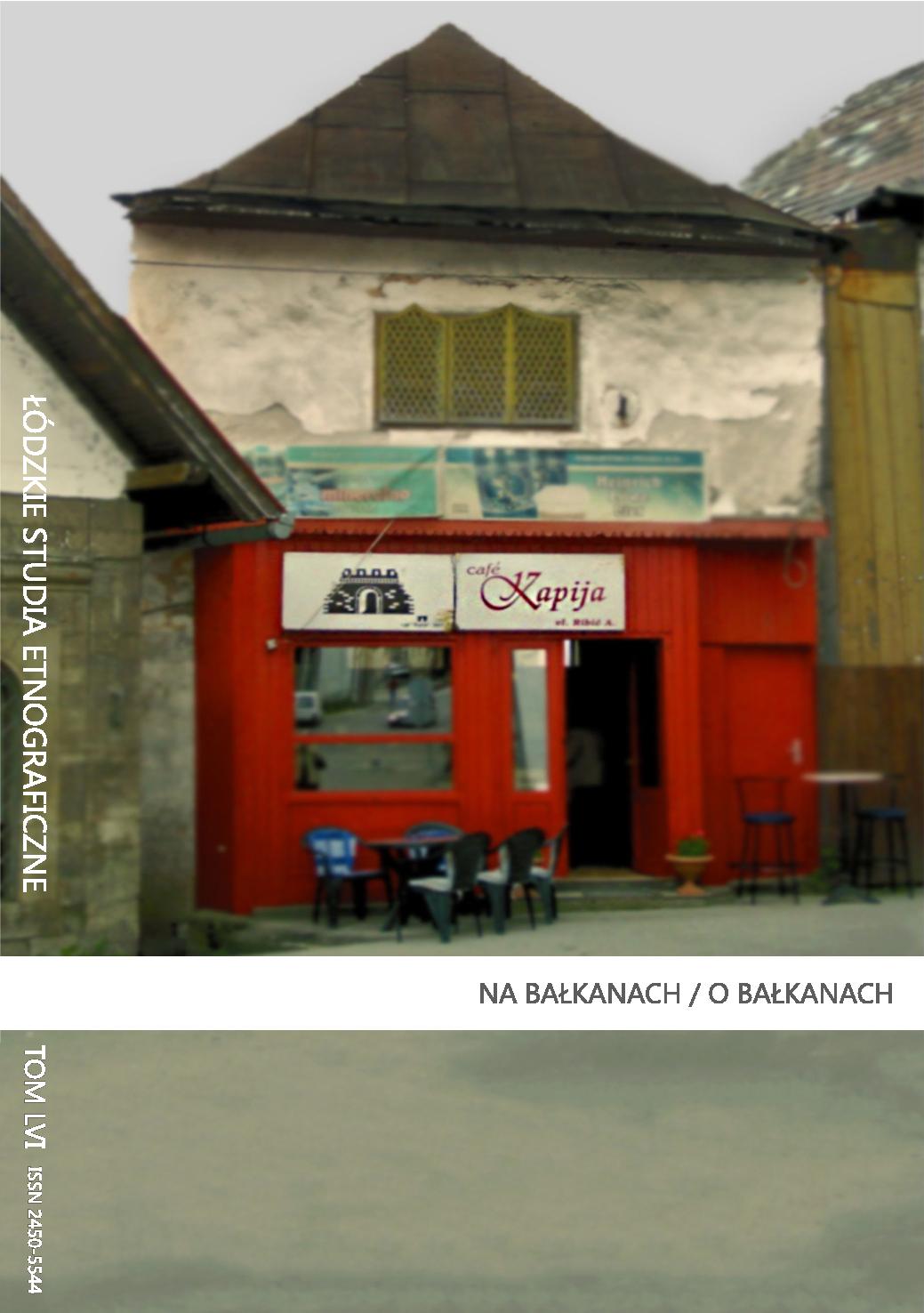Postjugosłowiańskie interpretacje orientalizmu Ivo
Andricia: niejednoznaczność osmańskiego dziedzictwa w Bośni i Hercegowinie
Post-Yugoslav Readings of Ivo Andrić’s Orientalism: The Ambivalence of Ottoman Legacy in Bosnia-Herzegovina
Author(s): Alenka BartulovićSubject(s): Anthropology, Social Sciences, Cultural history, Ethnohistory
Published by: Polskie Towarzystwo Ludoznawcze
Keywords: Ivo Andrić; orientalism; Bosnia-Herzegovina; legacy
Summary/Abstract: Conflicting understandings of the Ottoman and Bosnian past, which has been pragmatically reinterpreted through the nationalising gaze in the 1990s in the former Yugoslav space, tend to encompass different reinterpretations of the most prominent Bosnian (historical) figures. The Nobel Laureate Ivo Andrić stands out as one of the most politically (ab)used writers in Bosnian history. The dissolution of Yugoslavia deeply affected the reception of Andrić and his works. While both Serbs and, to a lesser extent, Croats claimed exclusive ownership of Andrić’s qualities, many Bosniaks made attempts to write him out of history, claiming that Andrić was a strong proponent of orientalism. The article traces a unique Andrić’s brand of orientalism, which is skilfully woven not only into Andrić’s literary works, but is also prominent in his only scientific work, a doctoral dissertation entitled The Development of Spiritual Life in Bosnia Under the Influenceof Turkish Rule. Hence, the article offers a short discursive analysis of Andrić’s dissertation, with special focus on his depiction of Ottoman influence on Bosnian social, cultural, and political life. An analysis indicates the early stages of Andrić’s thinking about the Ottoman legacy, developed in dialogue with the Habsburg or Austro-Hungarian orientalism and ideas of the new or still emerging Kingdom of Serbs, Croats, and Slovenians (Yugoslav state). Andrić’s reactions to his own dissertation suggest that, we cannot speak of an unchanging and coherent orientalist perspective, but rather of a highly ambivalent understanding of Islam and the Ottoman legacy. Current (mis)understandings of Andrić’s reading of Ottoman legacy among a circle of Bosniak intellectuals are also exposed, with the aim to explore the position of Andrić in the process of nation-building in post-war BH.
Journal: Łódzkie Studia Etnograficzne
- Issue Year: 56/2017
- Issue No: 1
- Page Range: 27-48
- Page Count: 22
- Language: Polish

